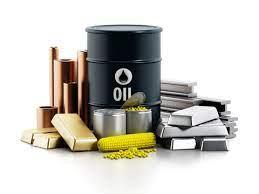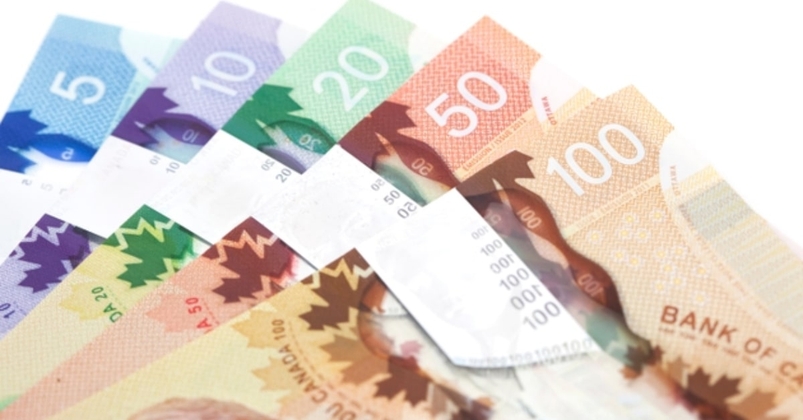- لغة عربية
- English
- 简体中文
- 繁体中文
- ไทย
- Español
- Tiếng Việt
- Português
What is the definition of an ETC?
Exchange traded commodities (ETC) are investment vehicles that track the performance of an underlying commodity index. An ETC allows the investors to get exposure without owning the product.
This results in the trader not having to trade the futures market or take physical delivery of the commodity.
Exchange Traded Commodities are offered in two forms
Single commodity
You can trade a single commodity such as Gold, Gas or Corn. An example is ETFS Brent Oil (EPIC code OILB). There are numerous Exchange Traded Commodities to choose from.
Index Tracking
Investors can also trade an index that can have exposure to one or a combination of groups. The ETFS Livestock Index (EPIC code AIGL) is a basket of commodity futures that tracks the Bloomberg Livestock Index. The ETFS All Commodities tracks the Bloomberg Commodity Index.

Figure 1 commodity basket
Key characteristics of an ETC
Exchange traded commodities trade just like shares. They are a simple and efficient way to gain exposure to commodity markets.
Although they are regarded as an alternative asset class, they are becoming increasingly more popular.
ETFs can have tax efficient benefits. Because they are generally traded through a SIPPS or ISA account, there is no stamp duty payable.
Commodities have a low correlation to equities and, as such, offer balance to a portfolio.
Can be traded both long (buy) and short (sell).
You can gain multiple asset exposure in one index.
The Exchange Traded Commodity will rise and fall tracking the underlying asset(s).
An ETC will either track the spot price (this is the price for immediate delivery) or the futures price of a commodity (futures being a contract for delivery at a specified future date).
Difference between an ETC and an ETF
An ETC offers exposure to single commodities and commodity baskets only. An ETF (Exchange Traded Fund) offers exposure to Equities, Money Markets, Bonds, Real Estate and Commodity baskets.
For information on commodity trading at Pepperstone, click here.
Related articles
لا تُمثل Pepperstone أن المواد المقدمة هنا دقيقة أو حديثة أو كاملة، وبالتالي لا ينبغي الاعتماد عليها على هذا النحو. البيانات، سواء كانت من جهة ثالثة أو غيرها، لا يجب اعتبارها توصية؛ أو عرض لشراء أو بيع؛ أو دعوة لعرض لشراء أو بيع أي أمان، منتج مالي أو صك؛ أو المشاركة في أي استراتيجية تداول معينة. لا تأخذ في الاعتبار الوضع المالي للقراء أو أهداف الاستثمار الخاصة بهم. ننصح أي قارئ لهذا المحتوى بطلب نصيحته الخاصة. بدون موافقة Pepperstone، لا يُسمح بإعادة إنتاج أو إعادة توزيع هذه المعلومات.


